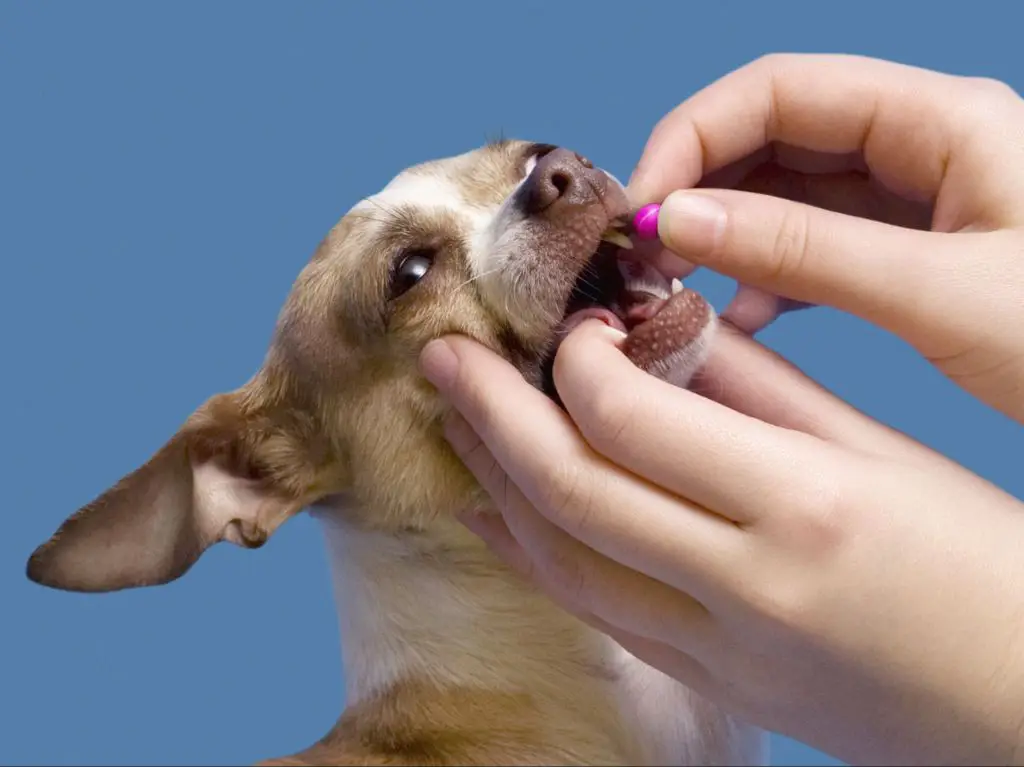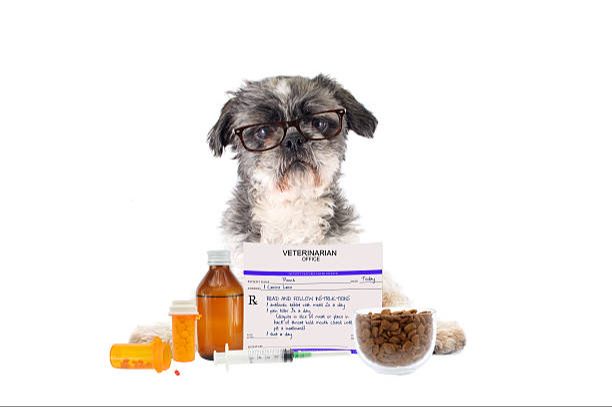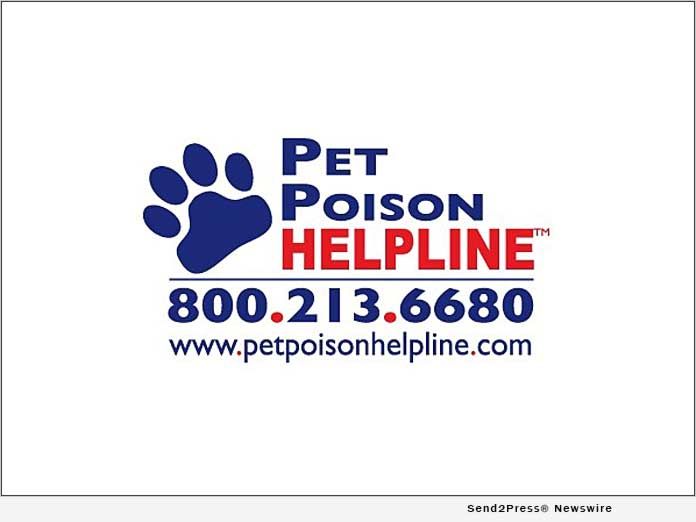Introduction
Have you ever had your beloved canine companion accidentally eat your medication? Maybe Fido snuck onto the counter and swallowed a pill he shouldn’t have. Or, in a lapse of memory, you may have given your dog the wrong medication.
Whatever the circumstance, accidentally ingesting human medication can be extremely dangerous – even life-threatening – for dogs. That’s why it’s so important to understand what to do if this situation arises.
In this article, we’ll cover the symptoms, risks, prevention tips, and treatment options for a dog who has ingested medication meant for humans. We’ll also provide crucial takeaways on protecting your pup and getting him the care he needs if an accident occurs.

Let’s dive in so you can keep your best friend safe.
Symptoms
The symptoms that can occur from accidentally ingesting dog medication depend on the type of medication and the dosage consumed. Some common symptoms may include:
-
Vomiting or diarrhea – Many dog medications, especially antibiotics, can irritate the stomach and digestive tract, causing nausea, vomiting, and diarrhea.
-
Drowsiness or lethargy – Medications like anxiety medications, sedatives, or those for pain management can cause drowsiness, sleepiness, and fatigue.
-
Tremors or seizures – Certain dog medications like phenobarbital or ivermectin can cause tremors, muscle twitches, and seizures in humans if enough is ingested.
-
Changes in heart rate and blood pressure – Some dog medications like thyroid drugs, heart medications, and decongestants may impact heart rate and blood pressure in humans.
-
Allergic reaction – An allergic reaction is possible with any medication. Symptoms may include hives, rash, itching, swelling, and anaphylaxis.

The severity of symptoms depends on the amount ingested. Small ingestions may cause minor effects like sleepiness or an upset stomach. Larger ingestions can result in more dangerous symptoms like seizures, irregular heartbeat, and respiratory depression.
Medications of Concern
Accidentally ingesting your dog’s medication can be dangerous for several reasons. Certain types of medications are particularly worrisome if accidentally taken by humans, especially in significant amounts.
Pain relievers like ibuprofen and naproxen can cause stomach ulcers or kidney damage in dogs. They also increase the risk of bleeding problems by thinning the blood. For people, taking a dog-sized dose may only cause minor stomach upset. But larger amounts could lead to the same internal bleeding and organ damage as in dogs.
Antidepressants like fluoxetine and sertraline have different effects and side effects in dogs than in people. Serotonin syndrome is a potentially fatal condition caused by excessive serotonin buildup in the body. While rare in dogs, accidentally taking certain antidepressants could raise serotonin to unsafe levels in humans.
ADHD medications like Adderall, Ritalin, and Concerta increase dopamine and norepinephrine in the brain. Dogs are often prescribed these stimulants for anxiety or sedation. However, stimulant toxicity can occur if humans take high recreational doses of these drugs. Side effects like rapid heart rate, high blood pressure, and seizures can be triggered by accidentally taking a dog’s ADHD meds.
Risk Factors

Certain groups of people may be at higher risk for accidentally taking a pet’s medication. These include:
Children
Children, especially young children under 5 years old, are naturally curious and may mistakenly ingest medications meant for pets. Young kids are unable to read labels and may be drawn to brightly colored pills that look like candy.
Elderly
The elderly, particularly those with cognitive decline, dementia, or vision impairment may inadvertently take a pet’s medication, mistaking it for their own. Failing eyesight and memory lapses can contribute to medication mix-ups.
Vision Issues
Those with vision problems like near-sightedness who don’t use corrective lenses may grab the wrong pill bottle. Similar packaging between human and pet meds can also lead to accidental ingestion if names on labels can’t be properly read.
Preventative Measures
To keep your pets’ medications safe, be sure to take preventative measures. The most important step is properly storing any prescription and over-the-counter medications in a secure location out of reach of children and pets. Keep medicines in their original, childproof containers so it’s clear what they are and dosage information is readily available.
If you have multiple pets in your household, give each pet their own dedicated space for their medications and supplements so there’s no accidental mix-ups. Try designating a specific cabinet or drawer just for pet medications. Be diligent about immediately putting away any medicines after administering to your pet.
Setting medication schedule reminders on your phone is also recommended, so you remember to give medicines on time and don’t accidentally double-dose. Being organized and establishing routines can go a long way in preventing medication mishaps.
What to Do
If you or your pet accidentally ingests medication prescribed for the other, it’s crucial to seek medical attention immediately. Don’t wait to see if symptoms develop – call your doctor, veterinarian, or poison control right away.
Poison control centers are open 24/7 and have specialists who can advise you on the best course of action. Have the medication name, strength, and amount ingested ready to provide. They’ll help assess how much risk there is and whether emergency treatment is needed.
For mild cases, poison control may recommend monitoring at home and calling back if symptoms appear. More serious ingestions may require going to an emergency vet clinic or hospital to avoid life-threatening toxicity.
Never try to self-treat or induce vomiting without speaking to poison control first. Certain medications can cause harm if vomited back up. Like people, dogs can experience adverse effects from overdosing on medications not meant for them.
Calling right away provides the best chance of preventing serious medical complications for both you and your pet. Don’t waste valuable time looking up information online or waiting to see what happens. Take action quickly by contacting poison control or your doctor.
Treatment
If your dog accidentally ingests your medication, quick action is necessary to try and limit absorption and clear the medication from its system. Here are some common treatments vets may use:
Inducing Vomiting
If the ingestion just occurred within the last couple hours, your vet may induce vomiting to quickly expel the medication before it gets absorbed. This can be done by giving your dog hydrogen peroxide orally.
Activated Charcoal
Activated charcoal can help prevent absorption of medications still in the GI tract by binding to them. This keeps the medication from being absorbed into the bloodstream.
Intravenous Fluids
IV fluids help flush out the kidneys and enhance excretion of medications or toxic substances from the body.
Other Medications
Other medications may be given to counteract the effects of your medication on your dog or protect its organs from damage.
Treatment is tailored to the specific medication ingested and your dog’s symptoms. Quick veterinary care can help prevent lasting effects from accidental medication ingestion.
Outcomes
Fatalities from accidentally ingesting dog medications are rare, but serious effects are possible depending on the medication, amount ingested, and the size/health of the person involved. Small children are especially vulnerable.

Some of the more concerning potential outcomes include:
- Vomiting, diarrhea, abdominal pain
- Lethargy, weakness, loss of coordination
- Seizures
- Irregular heart rhythms
- Kidney or liver damage
- Coma
- Respiratory depression
The extent of the effects often depends on the specific medication. For example, ingesting a dog’s heartworm medication could potentially cause more severe reactions than accidentally ingesting a nutritional supplement or joint medication.
With prompt medical attention, most outcomes are generally short term. However, untreated overdoses can potentially lead to permanent organ damage or even death in rare cases. Young children and older adults tend to be most vulnerable to severe effects.
Takeaways
If you accidentally give your dog’s medication to yourself or another person, the most important thing is to remain calm. Carefully read the label and identify the medication, dosage, and time it was ingested. Call your doctor, a poison control center, or emergency services right away for medical advice. Do not assume you will be fine – many pet medications can cause serious harm in humans.
Some key precautions to avoid accidental ingestion:
- Keep all medications safely capped and stored up and away from children and pets.
- Never place pet pills in the same location as human medications.
- Carefully check the label every time before administering.
- Use reminders to give the proper medication at the proper time.
- If you have difficulty administering medication, ask your vet or pharmacist for assistance.
By taking preventative measures and acting quickly in the event of an accident, you can reduce the risks and get appropriate care when needed.
Further Resources
If you require further information on what to do if you or your pet accidentally ingests medication, here are some additional resources:
- ASPCA Animal Poison Control Center – The ASPCA poison control hotline provides 24/7 assistance on pets ingesting potentially harmful substances like human medications.
- Pet Poison Helpline – Pet Poison Helpline provides 24/7 animal poison control services with veterinary expertise on accidental pet poisonings.
- FDA on Accidental Ingestion of Animal Medicines – The FDA provides information on what to do if your pet gets into your medicine.
- Merck Veterinary Manual on Human Medications Toxic to Animals – Overview of the types of human medications that can be toxic for pets.